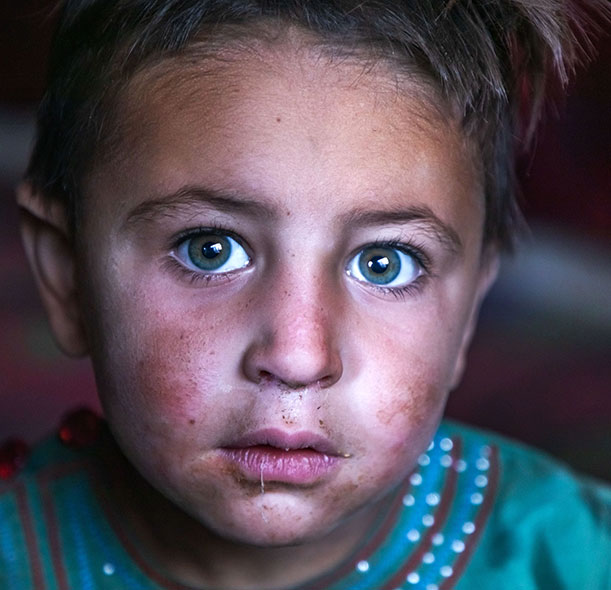Ahead of the Afghanistan Pledging Conference on 31 March, Action Against Hunger, the world’s leading hunger charity, is calling for urgent exemptions to international sanctions in order to re-instate vital public services, such as the healthcare system, which have been crippled by the freezing of assets since the Taliban takeover.
As governments meet at the Afghanistan Pledging Conference, the charity is urging Member States to not only consider their financial contribution to the country, but also their duty to ensure that finances for public services are not blocked due to sanctions.
More than 24 million people now need humanitarian assistance in Afghanistan, an increase of 35 per cent on last year. It is estimated that 95 per cent of the population do not have enough food to eat, and eight million Afghans are facing emergency levels of hunger. The UK Government has already made a pledge of £286m to provide vital assistance to Afghanistan, which is welcomed by the charity, but does not solve the liquidity crisis which has sent the country spiralling.
The suspension of finance flows from donors such as the World Bank, which funds most of the country’s health services, has meant healthcare workers are unpaid and services are crumbling. Bank closures and lack of cash are making it challenging to pay suppliers, with supply chains deteriorating. Compounding this, rocketing food prices, drought and life under the Taliban regime have left millions of Afghans hungry and desperate.
Action Against Hunger was founded in 1979 to respond to the crisis in Afghanistan and has been working for decades to provide therapeutic feeding services, health and nutrition services as well as clean water and sanitation across Kabul, Daykundi, Helmand, Ghor, and Badakhshan provinces. Aid workers are reporting a surge in demand, higher rates of malnutrition and an absence of healthcare.
Kate Munro, Head of Advocacy, Action Against Hunger said “What does life look like for Afghans? Feeding and nutrition centres bursting at their seams, a total devastation of healthcare, rocketing prices of daily food, escalating malnutrition, and widespread unemployment.
“We of course welcome the UK’s financial commitment to Afghanistan, leading the way as co-host of the conference, but let’s also be clear – unless UN member states find a way to ensure humanitarian exemptions to sanctions are a reality, Afghan people will be at increasing risk of hunger this year.”
From June this year Afghanistan will enter its lean, dry season, which has been especially hit by drought. Food stocks are already low and it is anticipated that compounded with the economic collapse and a reliance on Ukrainian wheat supply, 2022 will be a very challenging year.
Kate Munro continues “We need to act now – it is too late to wait for a declaration of famine or an emergency food crisis. Governments must put the escalating humanitarian needs of a fragile population ahead of political objectives.”
Notes to Editors
- For interviews with Kate Munro or more information, please contact Sarah Baldwin on s.baldwin@actionagainsthunger.org.uk or call 07776211518
- Humanitarian exemptions to international sanctions, are in United Nations Security Council Resolution 2615 and in US, UK, and EU legislation.
- Action Against Hunger is the world’s leading charity in the fight against child hunger, treating more young children for life-threatening hunger than any other charity.
- Action Against Hunger works in almost 50 communities across the world, providing access to food, water and sanitation, and life-saving medical treatment.
- In 2020 Action Against Hunger supported more than 25 million people across 46 countries.


